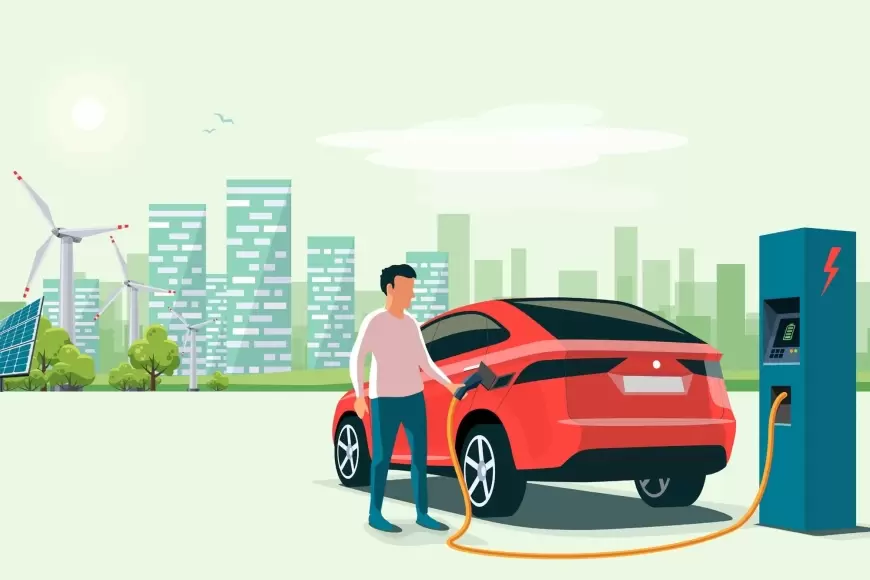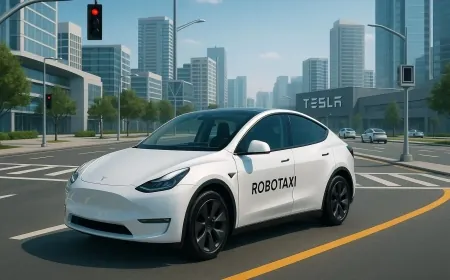Driving Through a Downturn: Inside the Adaptive Measures of EV Startups
Exploring Innovations, Layoffs, and Strategic Pivots Amidst Market Challenges

As the electric vehicle (EV) market faces a downturn, U.S. startups are implementing various tactics to weather the storm. These include shifting focus to more affordable models, halting aggressive production expansions, and streamlining operations through layoffs. Let's delve into how some of these companies are navigating the challenging landscape:
RIVIAN AUTOMOTIVE
Rivian recently unveiled its smaller, budget-friendly electric R2 SUVs and R3 crossovers, aiming to expedite deliveries by commencing R2 production at its existing U.S. facility by the first half of 2026. The move follows plans for a temporary production halt this year to upgrade facilities and cut costs. Despite initially projecting 81,700 units, Rivian now anticipates producing 57,000 vehicles in 2024, significantly lower than Tesla's 1.8 million deliveries in 2023. To address pricing concerns, the company introduced lower-range options in February, reducing costs by $3,100. Rivian's cost-cutting measures include renegotiating supply contracts and internal component production, bolstering its cash reserves to $9.37 billion by the end of Q4 2023.
LUCID GROUP
With Saudi Arabia's Public Investment Fund as a major stakeholder, Lucid is focusing on cost control amid subdued revenue performance. The company slashed prices for its Lucid Air Pure model to $69,900 and offered two years of free maintenance and charging as incentives. Lucid aims to launch its Gravity SUV under $80,000, targeting production by late 2024. Looking ahead, Lucid plans to introduce a midsize vehicle priced around $50,000 by late 2026 to compete with Tesla's offerings. Despite consecutive quarters of missed revenue forecasts, Lucid ended Q4 2023 with $1.369 billion in cash and equivalents.
FISKER
Fisker issued a cautionary statement about its financial viability, announcing layoffs of 15% of its workforce and halting investments in future projects until securing a manufacturing partnership. Talks with Nissan for potential investment are underway, offering a potential lifeline for the struggling startup. Demand for Fisker's Ocean electric SUV has been lackluster, with deliveries falling short of production numbers in 2023. The company's cash reserves dwindled to $325.5 million by the end of 2023.
NIKOLA
Following safety concerns with its battery-electric trucks, Nikola is shifting focus to hydrogen-powered big rigs. The company anticipates $170 million in truck revenue for 2024, targeting sales of 450 units, including hydrogen fuel cell electric trucks. With a cash balance of $464.7 million as of December 2023, Nikola is striving to rebound from previous setbacks.
These strategies reflect the adaptive measures taken by EV startups to navigate market challenges and position themselves for future growth opportunities.
Also Read: Rivian Introduces Affordable SUVs and Crossovers in EV Market Revamp

































































